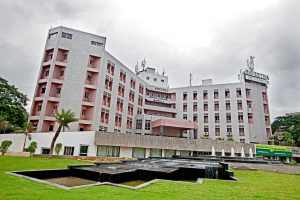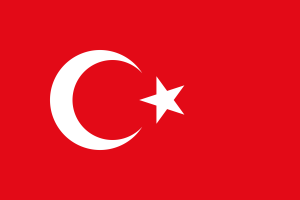
Would you consider a donation to support Weekend Reads, and our daily work?
The week at Retraction Watch featured:
- How a now-retracted study got published in the first place, leading to a $3.8 million NIH grant
- Did a ‘nasty’ publishing scheme help an Indian dental school win high rankings?
- “Flagrant and frankly, inexcusable” data duplication leads to retraction
- Journal pulls paper from Ethiopia for unlicensed use of questionnaire
Our list of retracted or withdrawn COVID-19 papers is up to more than 300. There are now 40,000 retractions in our database — which powers retraction alerts in EndNote, LibKey, Papers, and Zotero. The Retraction Watch Hijacked Journal Checker now contains 200 titles. And have you seen our leaderboard of authors with the most retractions lately — or our list of top 10 most highly cited retracted papers?
Here’s what was happening elsewhere (some of these items may be paywalled, metered access, or require free registration to read):
Continue reading Weekend reads: How a rejected study led to a $3.8 million grant; a ‘nasty’ publishing scheme; the ‘darker side of science’





